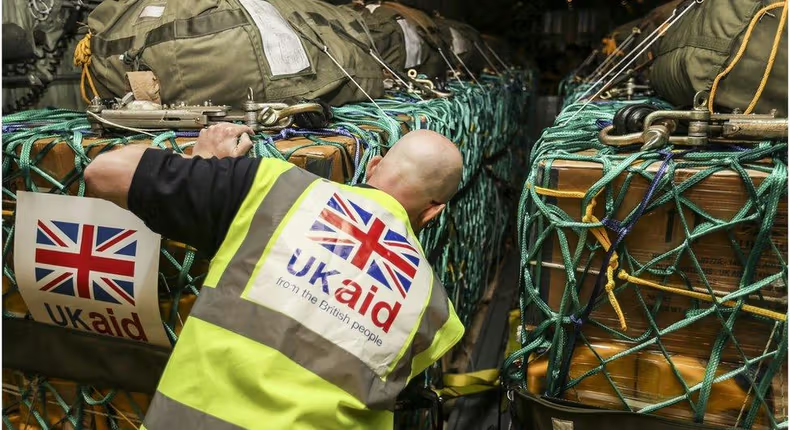In a bold shift of priorities, the UK government has slashed its foreign aid budget by 40%, reducing the aid to GDP ratio from 0.5% to 0.3%. This move disproportionately affects African nations, where bilateral programs in education, women’s health, and climate resilience are already stretched thin.
Across Ethiopia, Sierra Leone, Nigeria, and Zimbabwe, UK funded school‑building initiatives and teacher training workshops face sudden suspension. Enrollment gains of the last decade risk reversal as classrooms remain incomplete and instructional materials go unfunded. Mothers in rural communities may see fewer prenatal visits and reduced access to life‑saving maternal care, heightening risks for both women and newborns.
Beyond social services, projects tackling anti‑corruption, media freedom, and economic security have been cut back or canceled outright. Several climate‑adaptation schemes critical for agriculture dependent populations have been removed from funding lines. These reductions threaten to stall progress on Sustainable Development Goals and place added pressure on national budgets.
Despite these cuts to direct country partnerships, the UK will keep up its contributions to multilateral institutions. The World Bank’s International Development Association (IDA) and Gavi, the Vaccine Alliance, will continue to receive £1.98 billion over three years. While this commitment secures support at the global level, it leaves a void in localized, community driven programs that often deliver the fastest impact.
African governments and NGOs must now pivot rapidly. Alternative funding channels from EU development funds to private foundations are under negotiation. Domestically, sweeping fiscal reforms and public‑private partnerships are emerging as essential tools to replace lost UK support. Swift action will determine whether education and health gains can be preserved or if vulnerable populations will bear the brunt of this policy change.
As the international landscape evolves, the resilience of Africa’s development sector will be tested. Stakeholders must innovate financing models, strengthen local capacity, and accelerate accountability measures to safeguard decades of progress in education and women’s health.


